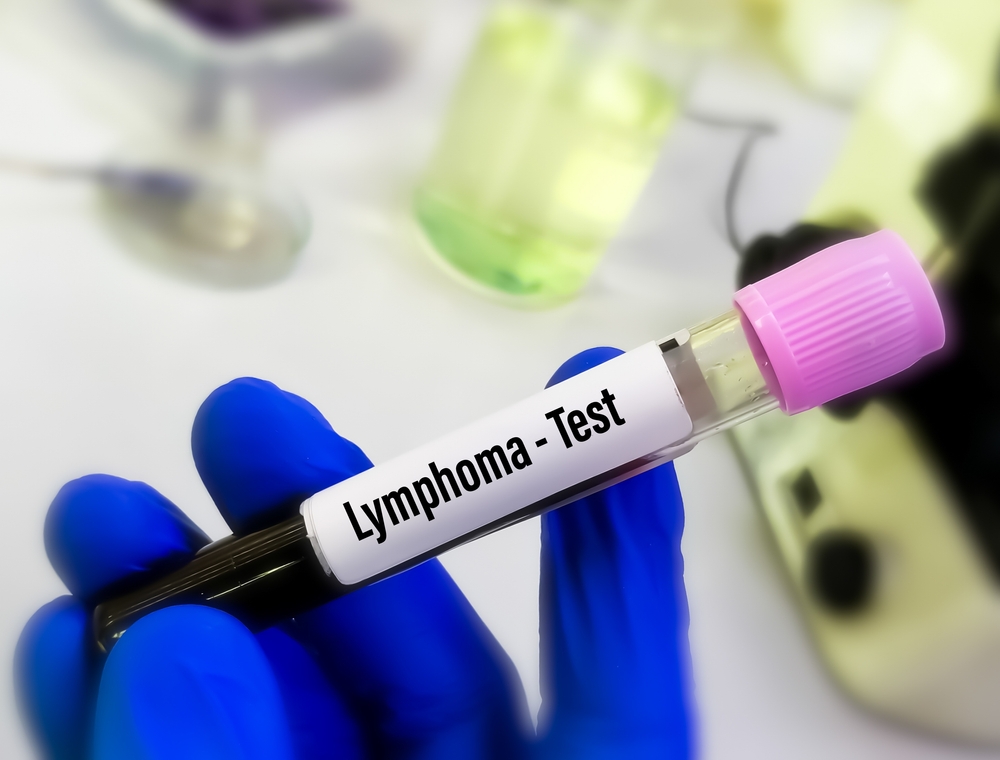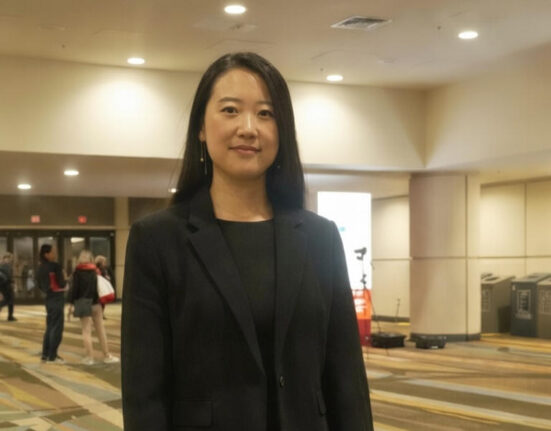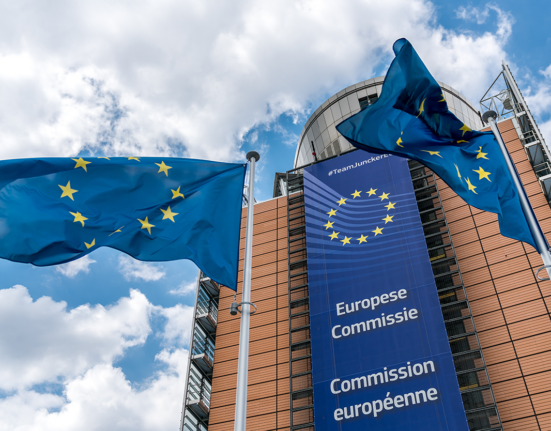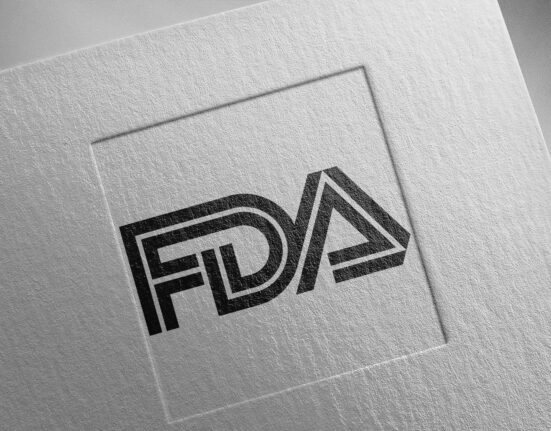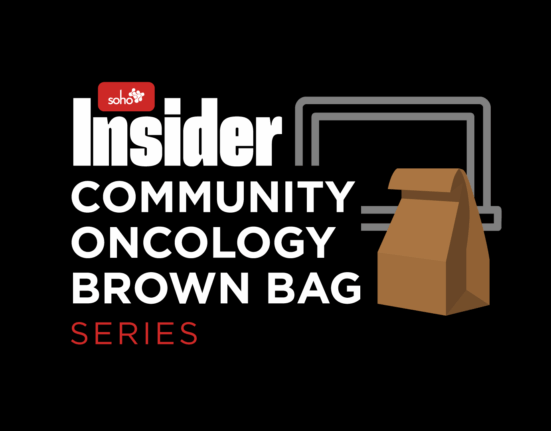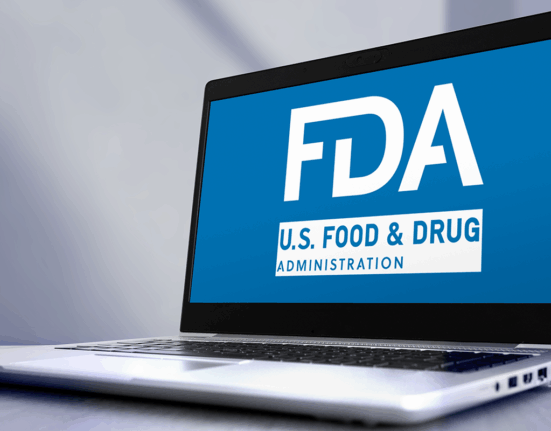Epcoritamab monotherapy showed a “manageable safety profile” and “clinically meaningful activity” in patients with relapsed or refractory follicular lymphoma who had at least two prior lines of therapy, according to a primary analysis of the phase 1/2 EPCORE NHL-1 trial.
The analysis was led by Kim Linton, MBChb, PhD, of the University of Manchester and the Christie National Health Service (NHS) Foundation Trust and published in The Lancet Haematology.
The EPCORE NHL-1 trial is a multicohort, single-arm study investigating epcoritamab, a CD3×CD20 bispecific antibody. Eligible patients are 18 years of age or older, have relapsed or refractory CD20+ follicular lymphoma (grade 1–3A), have an Eastern Cooperative Oncology Group performance status of up to 2, and have received at least two previous lines of therapy, including an anti-CD20 monoclonal antibody and either an alkylating agent or lenalidomide.
This primary analysis of the phase 2 part of the trial included both a dose-expansion cohort and a cycle 1 optimization cohort. Patients were treated with 48 mg subcutaneous epcoritamab in 28-day cycles (weekly during cycles 1–3, biweekly during cycles 4–9, and every 4 weeks thereafter until disease progression or unacceptable toxicity). To mitigate the risk and severity of cytokine release syndrome (CRS), the pivotal cohort used a step-up dosing regimen in cycle 1 (0.16-mg priming dose on day 1, 0.80-mg intermediate dose on day 8, followed by subsequent 48-mg full doses and 100 mg prophylactic prednisolone). The cycle 1 optimization cohort added a second intermediate dose of 3 mg on day 15, along with adequate hydration and 15 mg prophylactic dexamethasone to further reduce the risk and severity of CRS.
From June 19, 2020 to April 21, 2023, 128 patients (median age: 65 years) were enrolled and treated in the pivotal cohort, with a median follow-up of 17.4 months. The overall response rate (ORR) was 82.0% (105 of 128 patients) with a complete response rate (CRR) of 62.5% (80 of 128 patients). Among the 128 patients, the most common grade 3–4 treatment-emergent adverse event was neutropenia, occurring in 32 (25%) patients. Grade 1–2 CRS was reported in 83 (65%) patients, and grade 3 CRS was reported in 2 (2%) patients. Immune effector cell-associated neurotoxicity syndrome (ICANS) was reported in 8 (6%) patients.
From October 25, 2022 to January 8, 2024, 86 patients (median age: 64 years) were enrolled and treated in the cycle 1 optimization cohort. The incidence of CRS was 49% (42 out of 86 patients), with 8 (9%) patients experiencing grade 2 CRS and no patients experiencing grade 3 or worse CRS. There were no reported cases of ICANS in this cohort.
“Epcoritamab monotherapy showed clinically meaningful activity in patients with multiply relapsed or refractory follicular lymphoma and had a manageable safety profile,” the authors wrote.
Funding was provided by Genmab.
Reference
Linton KM, Vitolo U, Jurczak W, et al. Epcoritamab monotherapy in patients with relapsed or refractory follicular lymphoma (EPCORE NHL-1): a phase 2 cohort of a single-arm, multicentre study. Lancet Haematol. 2024;11(8):e593-e605. doi:10.1016/S2352-3026(24)00166-2

